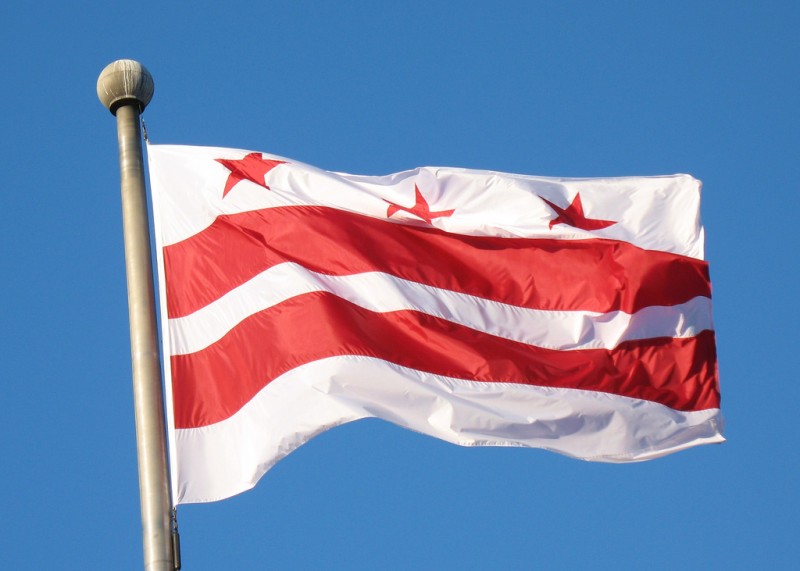
UPDATED with oral amendment language – March 8, 2024
DC Council, with one no vote (Vince Gray), voted to approve the Restaurant Revitalization and Dram Shop Clarification Amendment Act of 2023 today (Wed. March 5th), sending it to Mayor Bowser for her signature followed by likely enactment following required Congressional review period.
Although the bill has some significant (and many marginal but still helpful) improvements, particularly in regards to liquor license liability insurance coverage by establishing DC’s first real dram shop law, a last minute amendment introduced yesterday by Chairman Phil Mendelson regarding service fees – particularly an effective ban on service fees over 20%is bad idea.
The amendment, which narrowly passed 7-6, adds a new subsection (b) to a DC law that hasn’t been updated in 151 years that requires all restaurants, bars and other establishments including ice cream saloons and soda fountain rooms to put up menus (see below)

The new law says that a “business licensed under this section” (side note, this does not make any sense, DC Code 47-2908 does not actually issue any licenses) may impose a “service fee” no higher than 20% (up to 25% if it’s negotiated as part of a contract between a consumer and a business, such as for a banquet) as long as:
-The type and amount of the service fee is clearly & prominently disclosed 1) verbally; 1) on menus and website (if any); 2) Signage (reasonably visible upon entry)
-The disclosure accurately describes the purpose(s) of the fee, including by explaining with specificity how the fee will be used or distributed including, if applicable, the proportions of the fee used for base operating costs (not defined) and that distributed as compensation above applicable minimum wage.
-the business actually uses the service fee as they say it is.
Service fees that comply with these requirements are considered to not be an “unfair or deceptive trade practice” under the DC Consumer Protection Act (aka “safe harbor”)
This is consistent with (though not 100% exactly the same as) the DC Attorney General guidance on service fees issued last year, and follows multiple lawsuits by Travelers United against service fees and other smaller fees. Amendment was supported by Bonds, Pinto, McDuffie, Mendelson, Parker, Allen, and Frumin; Henderson, T. White, Nadeau, George, R. White, and Gray voted no.
My thoughts
The safe harbor makes sense because restaurants who were following the DC Attorney General guidance were still at threat of being sued because DC Attorney General guidance just tells you how they will enforce the law, it doesn’t bind private citizens and organizations. The fact that it all has to be verbally disclosed will still mean lawsuits in my opinion will go forward as that does not always happen, particularly with details on where the service fee is going.
But the 20% cap is incredibly short-sighted, and in fact will just encourage more restaurants to impose service fees. Although technically the law does not really even ban service fees over 20% – it just says those that are transparent and 20% or less explicitly do not violate the DC Consumer Protection Act, as there are no other enforcement provisions – it would be extremely risky for a restaurant to go over the 20% amount at risk of being sued under the law. Restaurants who have been imposing a 22% service fee (like The Duck and the Peach) have set it because they’ve assesses that 22% allows their staffers to make approximately the same or more as they would pre I-82 (although 20% is the standard tip in DC for typical service, many people tip post-tax and many people tip generously so average tip a lot of places is in the 22-23% pre-tax range). Under this new law, they won’t really be able to, and the pressure to tip even when a spot has a 20% service charge would increase (the prevailing wisdom is that you aren’t generally expected to do so).
It would have better to even the playing field and address complaints by public banning service charges,
New York City:

The new California Consumer Legal Remedies Act effective this July also bans service charges


Leave a comment